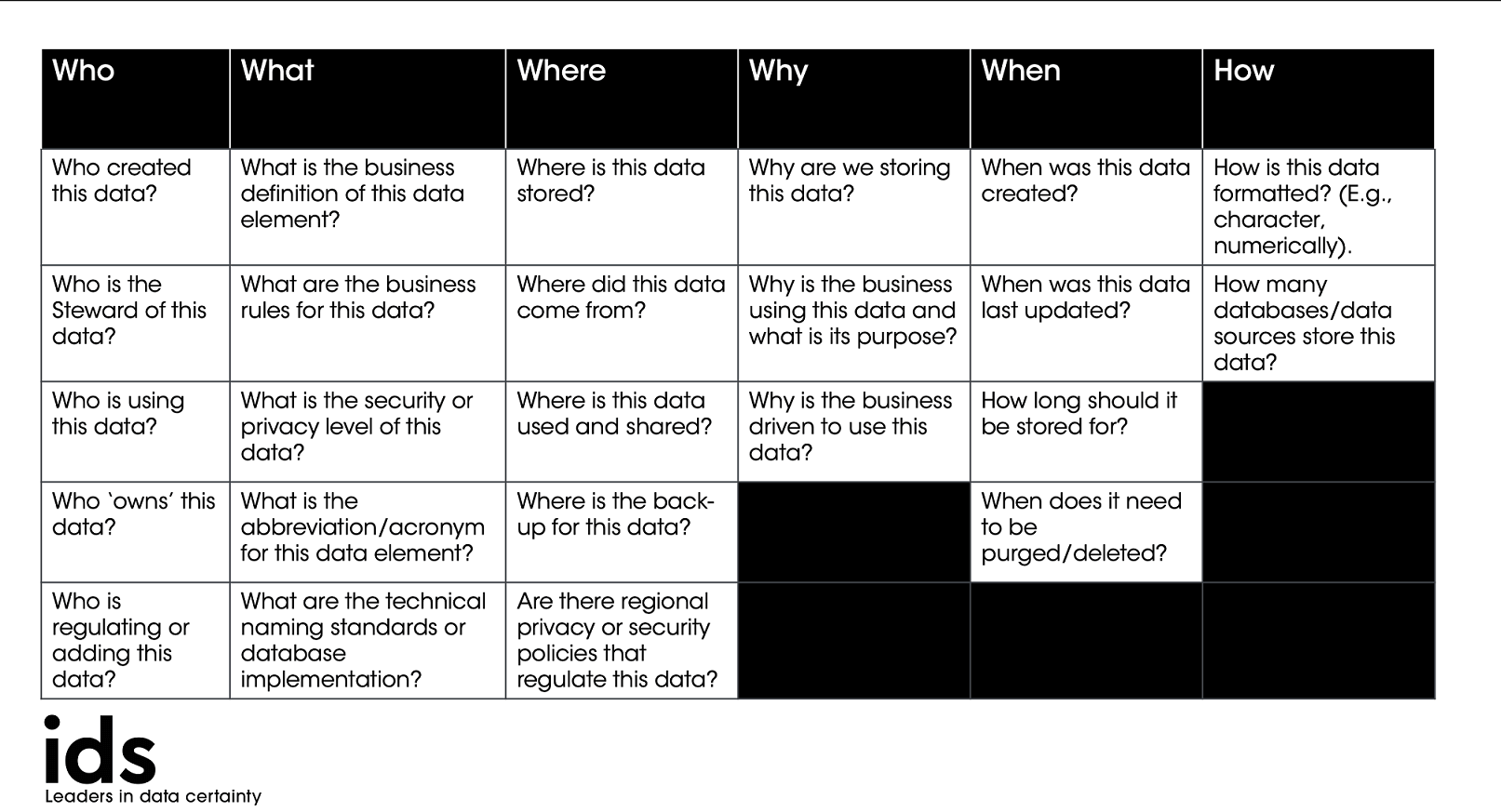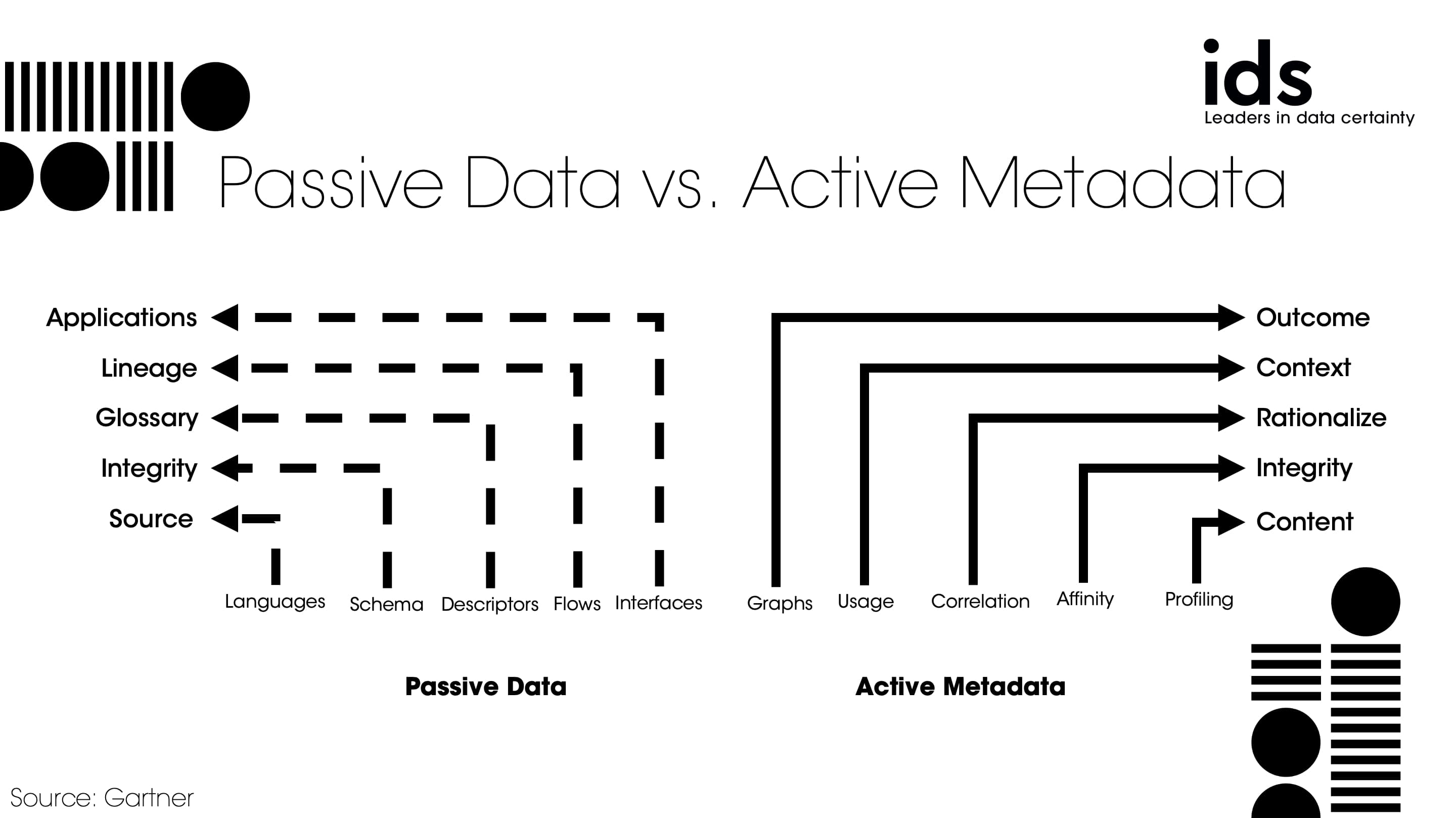What is Metadata Management?

What is Metadata Management and How does it Benefit your Organization?
Metadata is “hotter than ever”, according to a number of recent DATAVERSITY surveys. “More and more organizations are realizing that in order to drive business value from data, robust metadata is needed to gain the necessary context and lineage around key data assets. At the same time, industry regulations are driving the need for better transparency and understanding of information.”
However, the reality is that only a small number of businesses have fully embraced the concept and are delaying making the necessary investment and cultural changes to their organizations that an effective metadata management strategy demands.
Implementing this kind of change inevitably comes from a top down committed approach driven by the CEO and senior management team that fully understands the commercial benefits and business success that a metadata strategy has to offer. The fact that many businesses have yet to start the process suggests that there is a wide knowledge gap at the top of the organization that needs to be bridged.
So, What Exactly is Metadata?
Before you can set about managing metadata you need to understand what it is. It has been variously described as data about data or what identifies data. But that doesn’t really provide the full picture.
A simpler way of thinking about it is in terms of the “who, what, where, why, when, and how of data.

Source: https://www.dataversity.net/das-webinar-best-practices-in-metadata-management/
Gartner also defines metadata as “any data that is used to enhance the usability, comprehension, utility or functionality of any other data point” and categorizes metadata into two groups, 'Passive' and 'Active', which further helps to clarify what metadata is all about.

Why is Metadata Management Important?
Metadata has been managed for decades to help businesses better understand, aggregate, group and sort data and to provide innovative ways to leverage business value from data, both from a business and a technical perspective, as well as leading to better decision making. It also encourages better collaboration between metadata users and metadata creators to improve data quality and data usability.
The increased need for metadata management is being driven by the speed at which businesses are becoming more data driven, generating and consuming huge amounts of data. Metadata management is needed to provide a clear understanding of what data to produce and what data to consume, ensuring that data becomes a valuable enterprise asset.
Organizations need metadata management to respond to the increasing need for data governance, regulatory and compliance requirements, the need for better data quality, augmenting traditional sources of data with new sources, enabling more business users to actively interact with data and to accelerate the process of business transformations such as ERP migration and digitization.
Getting Started on the Metadata Journey
Clearly, the first step to getting started on the metadata journey is for senior management to improve their understanding of the basic concepts as well as how to leverage them to create a transformational impact on data and analytics initiatives.
To help these business get started with metadata management Gartner has provided an outline approach;
- Start your metadata journey by becoming metadata driven by building your knowledge in metadata and metadata management. The spectrum of work is from focusing on the discipline to driving the right investment in technology
- First evaluate the metadata management capabilities of your existing data management tools, leveraging your requirements, before buying a new metadata management solution
- Create and maintain business stakeholder engagement by developing and promoting a compelling business vision and strategy with your metadata focus that articulates personal value to the individual and quantifiably support the overall corporate initiatives.
Source: Data and Analytics Essentials: Metadata Management. Gartner
How IDS can Help you Implement an Effective Metadata Management Strategy
However, starting out on the metadata journey from cold can be a daunting prospect, even with the guidance offered by Gartner, but in today’s increasingly data driven economy it is something that cannot really be ignored or put on the back burner for long.
IDS has a proud record of working with the senior management of companies to help to make the process as pain-free as possible. Using our advanced iData management tools and our unique Kovenant™ methodology and training programmes, developed through many years of hands-on data management experience, we are able to tailor a metadata implementation programme to suit absolute beginners as well as those with some initial exposure to the concepts.

Learn How Continuous Testing can Improve your Business
IDS' Chief Technical Officer, James Briers, sheds light on the solutions to approaching complex data testing projects with mechanical efficiency.


